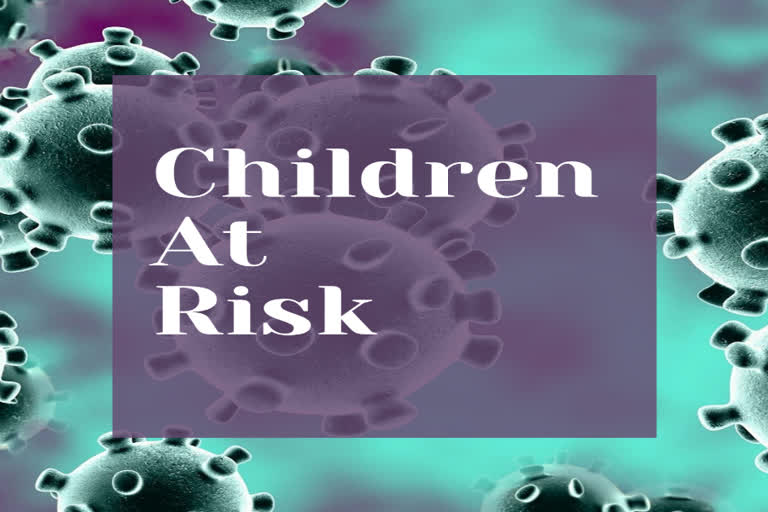New York;Researchers, including one of Indian-origin, have revealed that children, teenagers and young adults are at greater risk for severe complications from COVID-19 and those with underlying health conditions are at even greater risk of death.
"This study provides a baseline understanding of the early disease burden of COVID-19 in pediatric patients," said study researcher Hariprem Rajasekhar from Robert Wood Johnson Medical School Department of Pediatrics in the US.
"The findings confirm that this emerging disease was already widespread in March and that it is not universally benign among children," Rajasekhar added.
Also Read:'Airlens Minus Corona', Stanford alumnus innovate safer public disinfection to combat COVID-19
Published in the journal JAMA Pediatrics, the study followed 48 children and young adults - from newborns to 21 years old -- who were admitted to pediatric intensive care units (PICUs) in the US and Canada for COVID-19 in March and April.
- More than 80 per cent had chronic underlying conditions, such as immune suppression, obesity, diabetes, seizures or chronic lung disease. Of those, 40 per cent depended on technological support due to developmental delays or genetic anomalies.
- More than 20 per cent experienced failure of two or more organ systems due to COVID-19, and nearly 40 per cent required a breathing tube and ventilator.
- At the end of the follow-up period, nearly 33 per cent of the children were still hospitalised due to COVID-19, with three still requiring ventilator support and one on life support.
- Two of the children admitted during the three-week study period died.
The researchers said they were "cautiously encouraged" by hospital outcomes for the children studied, citing the 4.2 per cent mortality rate for PICU patients compared with published mortality rates of up to 62 per cent among adults admitted to ICUs, as well as lower incidences of respiratory failure.
The study noted that doctors in the New York metropolitan area are seeing what appears to be a new COVID-related syndrome in children.
"The idea that COVID-19 is sparing of young people is just false," said study co-author Lawrence C Kleinman from Rutgers University in the US.
